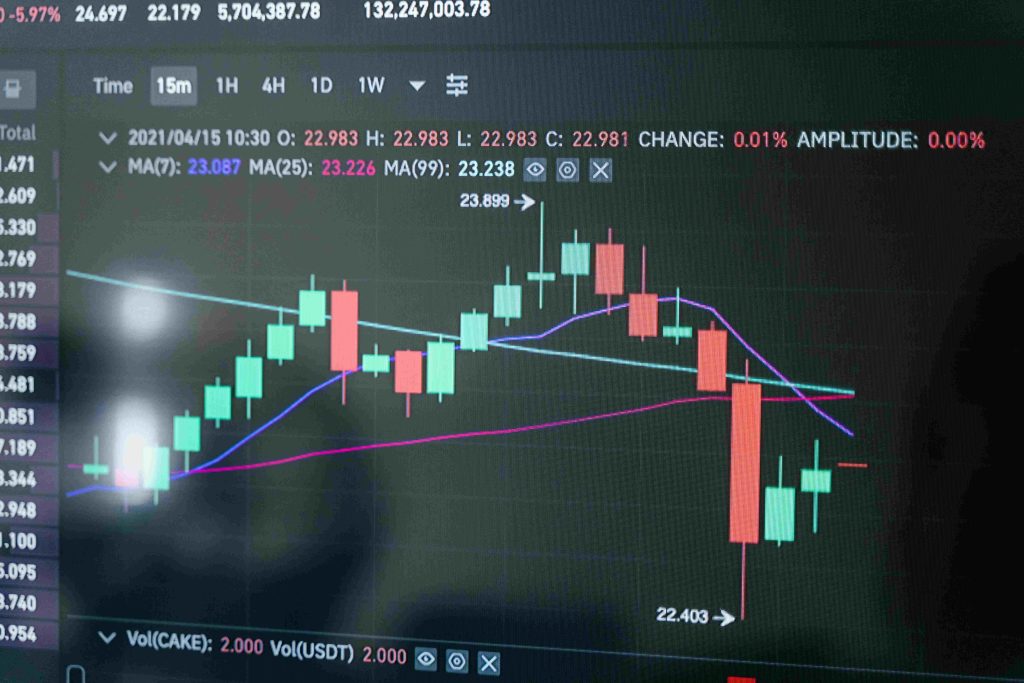In the fast world of cryptocurrency, choosing the best cryptocurrency wallets often feels like an difficult task. Among the ocean of choices, there’s a dire need for people who will actually store and manage their digital assets safely to understand each wallet’s features and functionality. This article will take a closer look at the best crypto wallet for trading, highlighting what makes them great and not so great, while discussing a core component to the crypto space: self-custody.
How Crypto Wallets Work?

Many individuals do not understand the basic paradigm of top-rated crypto wallets. Crypto wallets are not accounts into which you log in, as you would with a bank account. Crypto wallets are self-custodial solutions. They put you in possession of your private keys and, by extension, in possession of your assets. If you lose access to a wallet you never backed up, then you might also lose all your money forever.
Think of your wallet more like your signature in the digital world; it signifies ownership of tokens or NFTs on a chain. Note, however, that the tokens and NFTs are not pre stored in the wallet, but they are still on the blockchain. The wallet just helps you with the facilitation of those particular assets.
5 Best Crypto Wallet for Trading
Five of the best crypto wallet for trading, Along with an In-depth Look at the functionality each wallet provides.
1. MetaMask
MetaMask is probably the best cryptocurrency wallets, coming both as a browser extension and a mobile app. It has been, for many years, one of the first stops for any crypto enthusiast.
Features:
- One of the most utilized, with widespread support within the Ethereum ecosystem.
- Users can buy crypto directly from credit cards.
- It provides some minimal functionality to swap tokens.
- It has NFT viewing available.
However, MetaMask also drew criticism for its lack of innovation in features and security. Though it released something called MetaMask Snaps, enabling users to add plugins for added functionality, most new users do not know this. All in all, MetaMask does what it needs to, but one can get far more advanced wallets.
2. Coinbase Wallet

Compared to the Coinbase exchange, Coinbase Wallet is a little bit different because it’s self-custody; that means users can govern their assets themselves. And also consider best crypto wallet for trading in 2024.
Features:
- Deep integration with the Coinbase exchange
- Pretty UI and design
- Buy, swap, and bridge assets
- Staking of ETH and MATIC
Regarding the potential downside, the most important problem of Coinbase Wallet today is the limitation of Ledger hardware wallets for adding security. Which make the product not so appealing for some users.
3. Rainbow Wallet
Rainbow Wallet is also a really beautifully designed product and quite straightforward to use. It is perfect for crypto newbies.
Features:
- Compatible with Ledger and Trezor hardware wallets.
- The user can purchase, swap, or display NFTs directly.
- Seamless onboarding for new users.
Rainbow Wallet does lack some of the advanced features. But because of its clean interface, it surely is one of the leaders among design and minimalism-oriented products.
4. Phantom Wallet
The main focus of Phantom Wallet is Solana, although it has expanded to include Ethereum as well.
Features:
- Visually appealing interface, with its unique branding style.
- Supports buying, swapping, and NFT viewing.
- Easy-to-understand transaction summaries.
Phantom Wallet will work well for users who have invested in Solana but may not be great for those who need the ability to support other hardware wallets besides Ledger.

5. Rabi Wallet
The innovative features of Rabi Wallet make it a leading choice; it is way ahead of the pack because of its advantage in delivering function sets.
Features:
- Automatically displays the entire portfolio across chains.
- Intuitive chain switching without manual input.
- Built-in swap with price aggregation across different sources.
- Strong security features, including transaction warnings and contract information.
The Rabi Wallet is innovative and very user-oriented, hence highly qualified for standard wallet needs.
Importance of Hardware Wallet
If you have heavily invested in cryptocurrency, then you should use a hardware wallet. Hardware wallets like Trezor and Ledger store your private keys offline to further protect them from hacks and exploits.
Because a hardware wallet needs its actual connection to some computer, none of your money can be taken. Further on, this cuts theft down dramatically compared to a software wallet, which is always connected. For those serious about their security, going for a hardware wallet is an investment worth making.
Choosing the Right Wallet for You
Choosing the best crypto wallet for trading will involve consideration of the following:
Security: Which security features does each wallet offer? Hardware wallets are generally the most secure.
User Experience: Look for wallets that advertise easy-to-use interfaces and easy access features for easier navigation, especially if you are a beginner to cryptocurrency.
Assets Supported: Be sure the wallet will, in fact support the cryptocurrency you will be storing.
Integration: Consider the wallet’s integrations with exchanges and other services you use.
Conclusion
These are exciting times in cryptocurrency, and it’s an important step in asset protection-knowing which wallet is best to use. From security to user experience and more advanced features, depending on needs and personal preferences, the best crypto wallet for trading discussed in this guide offer a great array of choices.
Whether you’re security-, user experience-, or advanced feature-oriented, there’s a wallet out there for you. Always do your due diligence and choose a wallet that fits your investment strategy and desired level of security.
You May Like: How to Analyze Cryptocurrency Market Trends
You May Also Like: How to Start Trading Cryptocurrency in 2024: A Step-by-Step Guide

